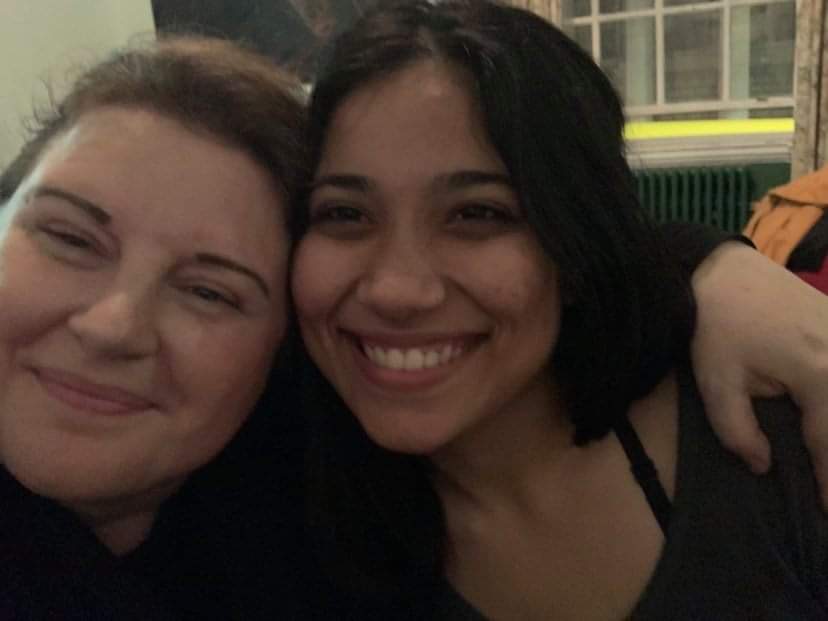The last few months have seen the Graduate Students Union (GSU) placed under the spotlight repeatedly, for reasons such as calls for the impeachment of both president Gisèle Scanlon and vice president Abhisweta Bhattacharjee following a controversial EGM in April, the refusal to hold impeachment proceedings despite the requisite signatures for Scanlon’s vote of no confidence being gathered, the reelection of Scanlon and Bhattacharjee in June amidst concerns over the electoral process, non-compliance with the GSU Board’s investigation into the EGM, and the resultant decision by the Capitation Committee to withhold funding from the GSU.
It was this paper’s stance that there were multiple serious issues with the electoral process and campaign of Scanlon, indicating a breakdown in the democratic norms necessary for the successful running of the GSU.
Whilst Scanlon’s approach to leadership has presented a host of problems for the Union, with her unwillingness to face a vote of impeachment and refusal to comply with the Board investigation indicating disregard for democratic proceedings, it is her apparent determination to isolate the Union that may prove the most detrimental to the GSU.
In her campaign to be re-elected as GSU President, Scanlon ran against John Tighe. Tighe was the Research Officer of the GSU from 2016 to 2017. He was later appointed as Oversight Officer in 2017 and served as the Chairperson of the Electoral Commission in 2017 to 2018 and from 2019 to 2020. Of the two candidates, Tighe was endorsed by the Trinity Postgraduate Workers Alliance (PGWA). At a meeting in February 2020, the GSU voted to support the PGWA’s work, however, Scanlon’s two-time presidency and failure to secure the group’s endorsement indicates a break between the GSU, PGWA and elected president. At the same time, in its statement following the announcement of the election results, the PGWA insisted they would “continue to work with the TCD-GSU and ensure our democratic mandate is upheld”.
The PGWA listed three conditions that if met would see their full acceptance of Scanlon’s election. These conditions were that the Electoral Commission (EC) release the initial email that they received holding the results of the vote, facilitated by an independent elections company; that the EC provide evidence that those who voted in the election were verified GSU members; and finally that Scanlon would hold an EGM to facilitate the vote of no confidence in her. As of this time of publication, it is not clear if any of these conditions have been met.
While the necessary number of signatures to facilitate a vote of no-confidence in Scanlon was gathered, during hustings Scanlon said that this vote could not be held as the Board was conducting an investigation into the EGM meeting, without providing details on why this would delay impeachment proceedings. The Board have since revealed that they did not at any point inform Scanlon that this was the case. Following this, the GSU sabbatical officers accused the Board of giving misleading and unfounded accusations regarding the GSU’s non-compliance with the investigation.
This inability to maintain unity throughout the union itself demonstrates the extent to which the current GSU has isolated itself: from outside organisations, such as the PGWA and College’s Capitation Committee, as well as the Board of the Union itself. It is difficult to perceive how Scanlon intends to maintain a Union that will both support her presidency, which a substantial number do not, as well as strive to do well by all postgraduate students, including those who did not vote for her.
The importance here placed on a democratic mandate to be upheld by a GSU-PGWA alliance, juxtaposed by Scanlon’s unwillingness to abide by any sort of democratic decency paints a picture of a GSU that is dangerously cutting itself off: from not only the PGWA, an organisation that the GSU should strive to work in tandem with, but likewise a Board that the GSU relies on for funding. If Scanlon’s intention as president is to benefit postgraduate students, it is completely illogical for her to work against the wishes of the PGWA and the Board.
The ramifications of Scanlon’s policy of isolating the GSU is demonstrated in the Capitation Committee’s withholding of funding from the GSU. It remains to be seen how Scanlon can ratify this into a point of leadership that will benefit postgraduate students. For now however, it appears to merely be the consequence of a GSU that has isolated itself from the organisations and committees it should be closely tying itself to, in order to promote its agenda and benefit postgraduates.
Ironically, Scanlon would introduce far more legitimacy into her presidency and prevent further isolation of the Union by facilitating the vote of no confidence she previously claimed could not have been carried out. Should she do so, it would show Scanlon was, however late, willing to face the consequences for previous missteps taken as GSU president. This would restore the GSU’s legitimacy that has been lacking, and perhaps suggest the GSU regards democratic norms as more than an inconvenience. Facilitating the vote of no confidence could be seen as a first step to reacquaint the GSU with the organisations it has, up to now, isolated itself from.
Scanlon has attracted controversy since her previous term and seems to dismiss any criticism or action taken against her as irrelevant or misleading, reducing the credibility and reliability of the GSU. Under the current leadership, postgraduates will not get the service they require and will also find themselves attached to a union apparently determined to isolate itself from the organisations it should be striving to align itself with, for the benefit of itself and its students.






